Stephen will never be an athlete. He won’t be able to be as active as others and he’s likely to develop early onset arthritis
I am possibly paraphrasing my paediatric consultant a little, but these were the words that were implanted in my head as a child with Perthes Disease.
I spent some months in a wheelchair, several years in crutches and many more years using my shorter leg and weak hip to explain my lack of athletic ability and my lack of self belief. It also became an excuse to lead a sedentary life.
Now, as a try-athlete, I still don’t don’t possess any sporting prowess and with chronic knee pain, the consultant possibly wasn’t completely wrong (after 9 months, I still haven’t had my knee properly checked).
However, if I could go back in time to my younger self, my one word of advice would be to ignore that consultant’s prophecy.
Sport is for everyone and we can all be athletes
That’s why I’ll be cheering on every Paralympic athlete in Rio for the 2016 Paralympic Games, but especially the British and Scottish contingent. Not in order to use them in some lame fitspiration meme that condescendly asks if someone with no legs can run, why can’t you, but because they can genuinely help inspire the disabled to take up sports and because they are all genuinely great athletes.
Scotland’s Paralympic Hopes
Take Libby Clegg, my favourite Paralympian (I spent a wonderful day training with her for Libby’s Guide to Running) and one of Team GB’s major hopes for a medal. Her World Record time of 23.03 seconds is only 1.25 secs slower than Elaine Thompson’s Gold winning performance in the Olympic 200 metres final.
Her eyesight has deteriorated further since I met her and she will have to run with a blindfold in Rio, but I am hopeful that her event will be one of those shown by Channel 4 and I will be cheering her on in her attempts to win gold.
I can’t mention Libby without showing some support for her little brother, Stephen who makes his Paralympic debut as a swimmer. He is joined by fellow Scots Andrew Mullen, Scott Quin and Abby Kane in a British squad that contains swimmings sensations Ellie Simmonds and Ollie Hynd who will be flying (or floating) the flag of Team GB.
But back to my selection of Scotland’s Paralympic Hopes and next we have an athlete who shares my birthday (albeit 23 years younger) and who makes me wish I could have moved so fast when I was in a wheelchair. She is one of our greatest hopes for a medal and it is of course Sammi Kinghorn.
Sammi is an exceptional young woman and someone who is another try-athlete. After breaking her back, she travelled down to the Spinal Unit Games in Stoke Mandeville, where she tried a variety of sports before deciding on athletics. She has only been racing for about 4 years but her approach to sport and to life is truly inspirational.
But don’t take my words for it. Sammi is an Ambassador for Strathmore Water’s DoMore Campaign and for Harper MacLeod where you can read her wonderful blog.
Next up, we enter the world of Boccia. What’s that I hear you ask.
Boccia is a form of bowls that has been developed especially for athletes with severe impairments and it is one of the most inclusive and possibly most exciting events in this year’s Paralympics, if this video is anything to go by.
World Champion Stephen McGuire leads a Scottish contingent of eight who will represent Scotland and Team GB in Rio and like Libby and Sammi, he presents a genuine Paralympic hope and is another inspirational and hard working athlete. He is also an Ambassador for Muscular Dystrophy UK and like Lizzy, he belongs to a family of Paralympians with brother Peter, a London 2012 medalist. He is also a try-athlete who dreamt of being a Paralympian and set out to find a sport that suited him, before being introduced to Boccia.
Unfortunately, Boccia is unlikely to be shown on Channel 4’s Paralympic coverage, but I wish Stephen and the team success and maybe I can find a way to try the sport for myself. It looks extremely challenging tactically and I love that it provides those with the most severe impairments an opportunity to compete and to play sports.
In Scotland, Scottish Disability Sport are responsible for the sport and you can also find out more at BocciaGB
As a Try-Athlete and injured runner who is now determined to become a triathlete, I am ending this post with an athlete who continues to amaze. Faced with her own running injury , Alison Patrick started competing in triathlons in 2014 and promptly won the World title. In addition to being a Paralympic hope, she gives hope to me that I can successfully combine my love of running with sports that don’t place as much load on my joints.
Para-Triathlon covers many classes, including those with missing limbs, but Alison competes against those who are visually impaired If you ever thought that navigating a triathlon course and making the transitions from swimming to cycling to running were difficult, imaging doing so while tethered to a guide. It must be one of the ultimate examples of teamwork in sport
Rio 2016 sees Para-Triathlon make its Paralympic debut and for displays of mental and physical strength and endurance, I think that this will be one event to watch (or record it, if it is on in the wee small hours).
It is my hope that the Cleggs, Kinghorn, McGuire and Patrick receive the same support and admiration as the Murrays, Farah and Brownlees. Not because I believe they face harder challenges or have overcome greater obstacles, but that #becauseofsport these athletes have found a way to push themselves to new heights. Every one of them speaks about a determination to be a Paralympian and their dedication and discipline (Sammi trains twice a day and slaps herself in the head -hopefully not literally-if she thinks about missing a session) are a shining example to budding athletes, both disabled and non-disabled.
The Rio 2106 Paralympic Games start on September 7th and run until September 18th with 50 events and around 4350 athletes from over 160 countries (and two representing the Refugee Olympic Team) competing. Events will be live on Channel 4 and you can show your support on Twitter with the hashtag #Supercharge for both the UK’s and Scotland’s Paralympic hopes.
The lack of funding has been well publicised, so if you are feeling inspired, why not help to support our Paralympians with a donation to Supercharge ?

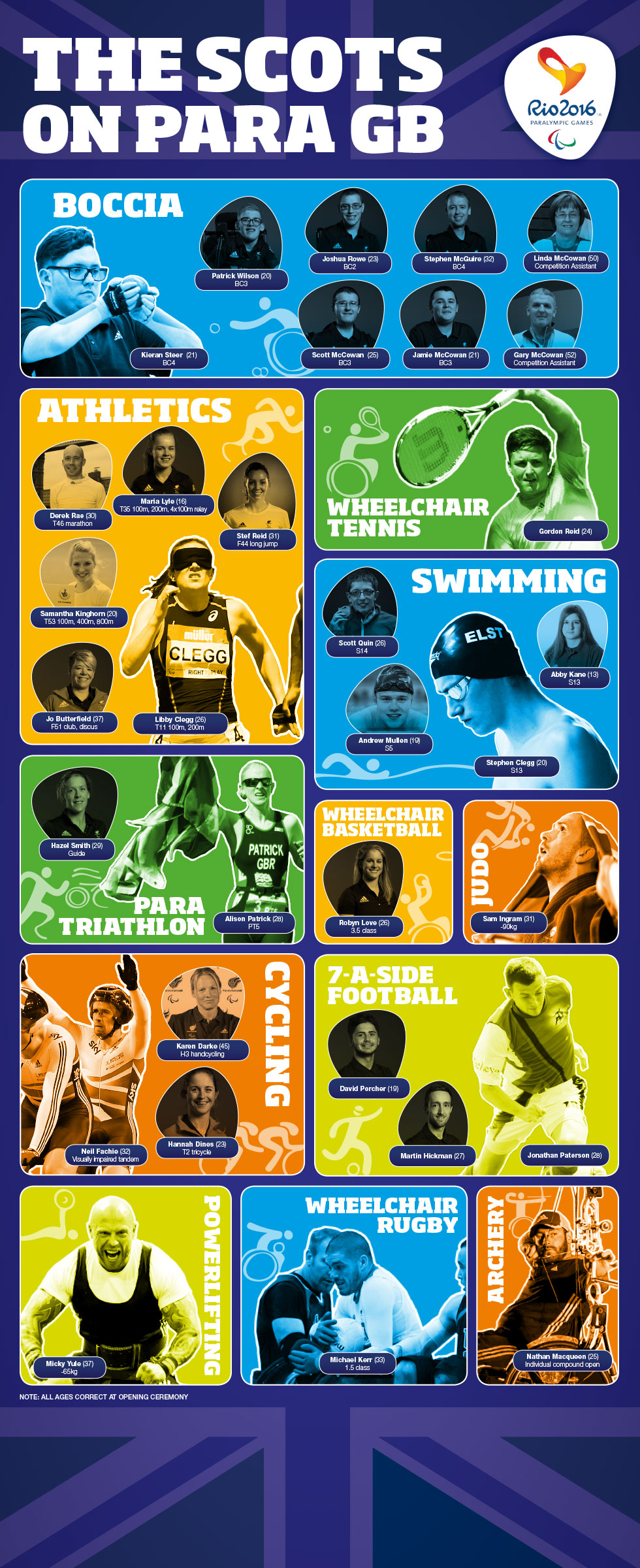
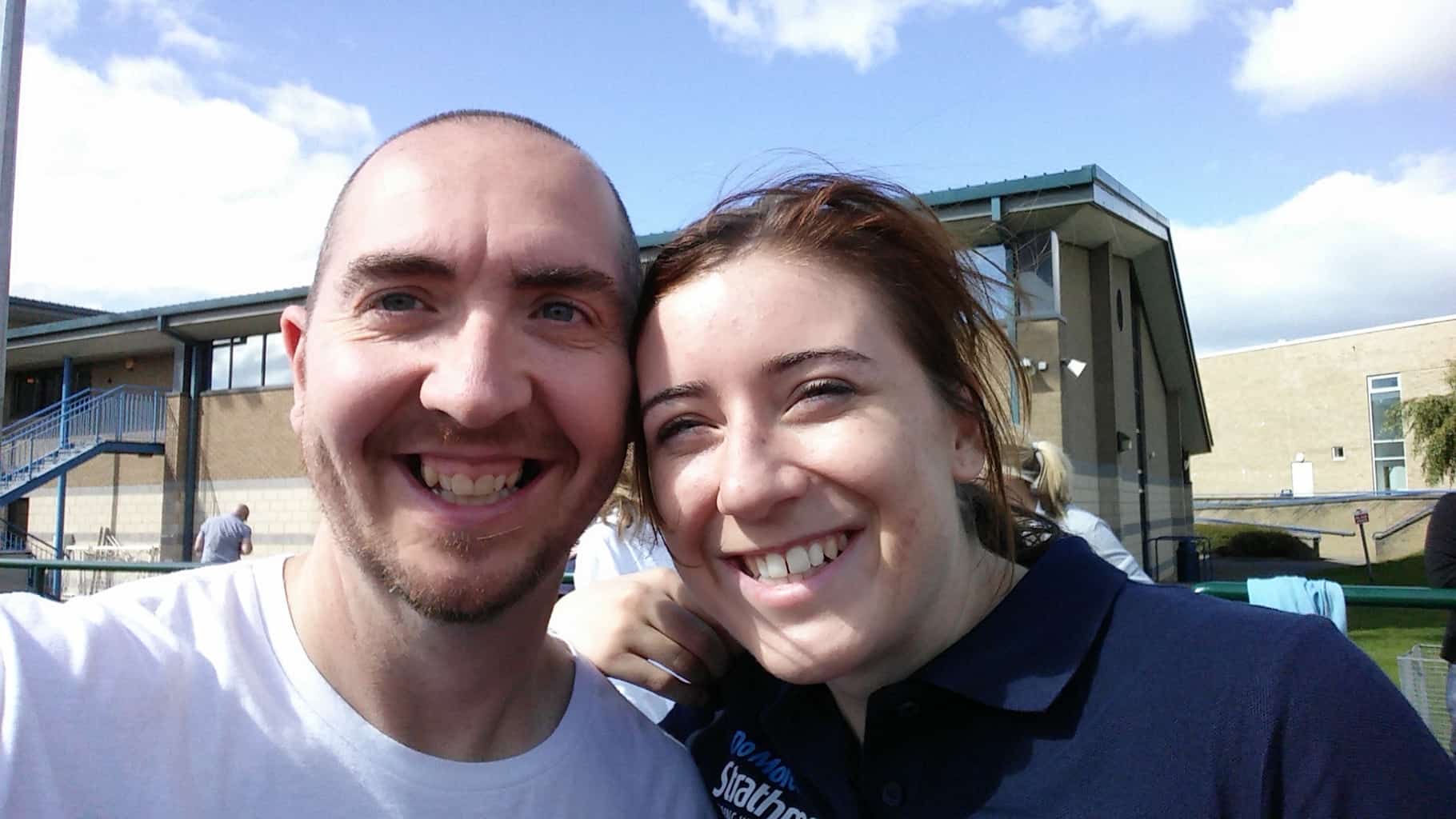

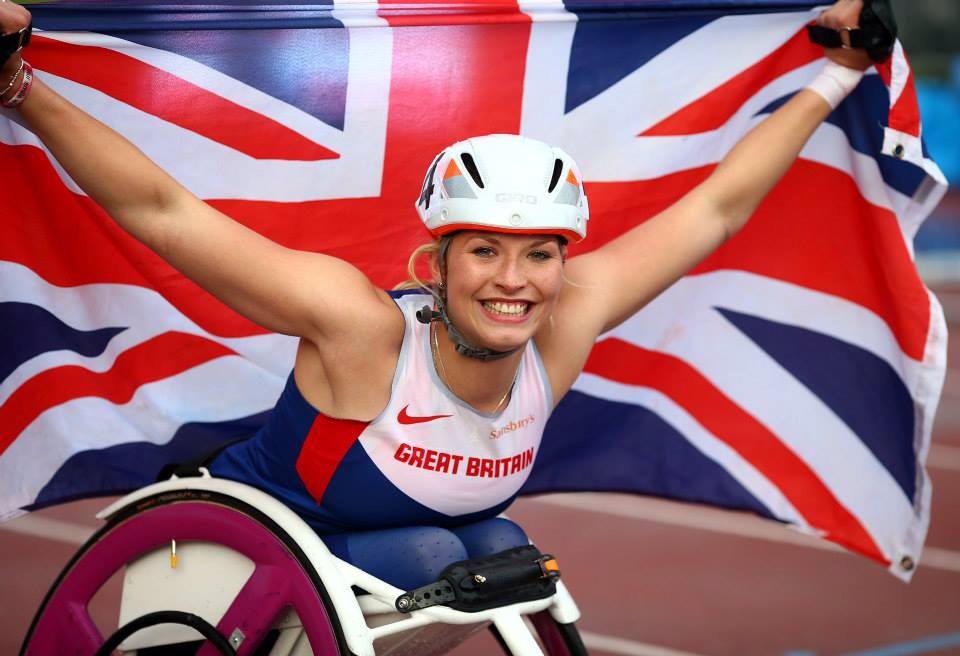
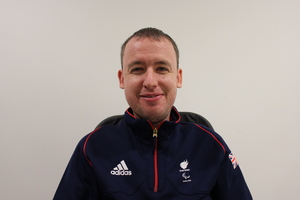

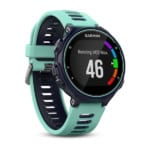






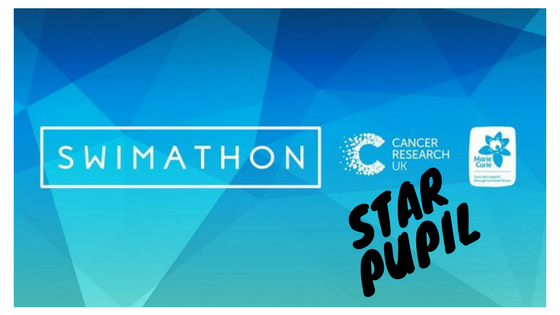

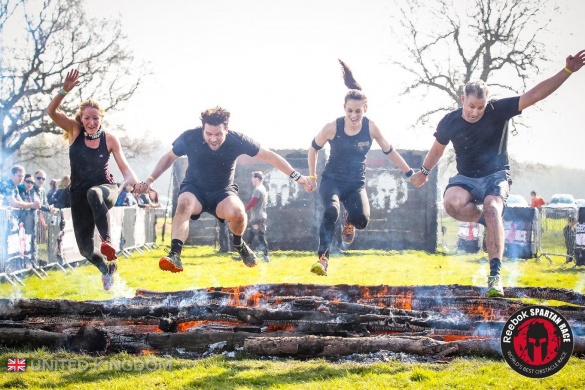


2 comments
Good read and a very worthwhile event deserving of the public’s attention and support. Sport achievement and accomplishment should be accessible to all, and Paralympic games play a crucial role in ensuring that happens. It is sad to see that there are cuts to Paralympic budgets however and causes like #FillTheSeats are making strides to identify it. The cause can be donated to here http://www.crowdfunder.co.uk/save-the-2016-paralympics
Thanks for commenting, Clem. It is sad to see both the lack of coverage and lack of funding. I will certainly have a look at #FillTheSeats